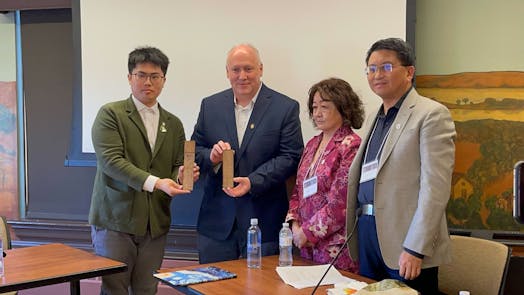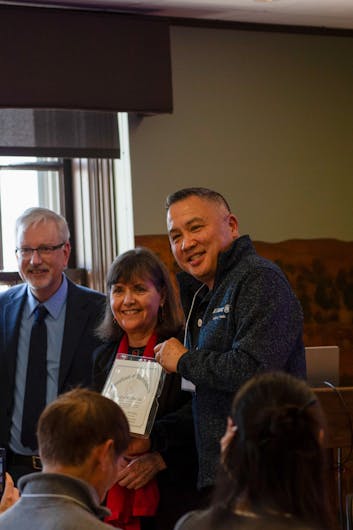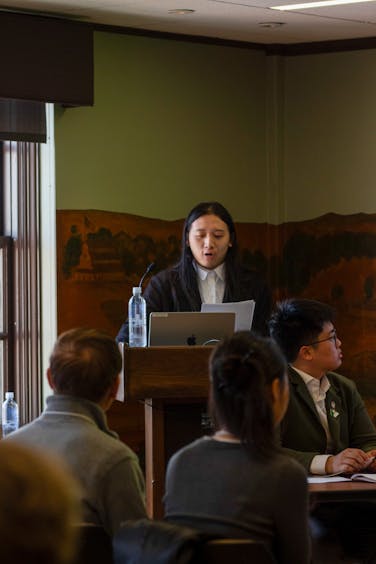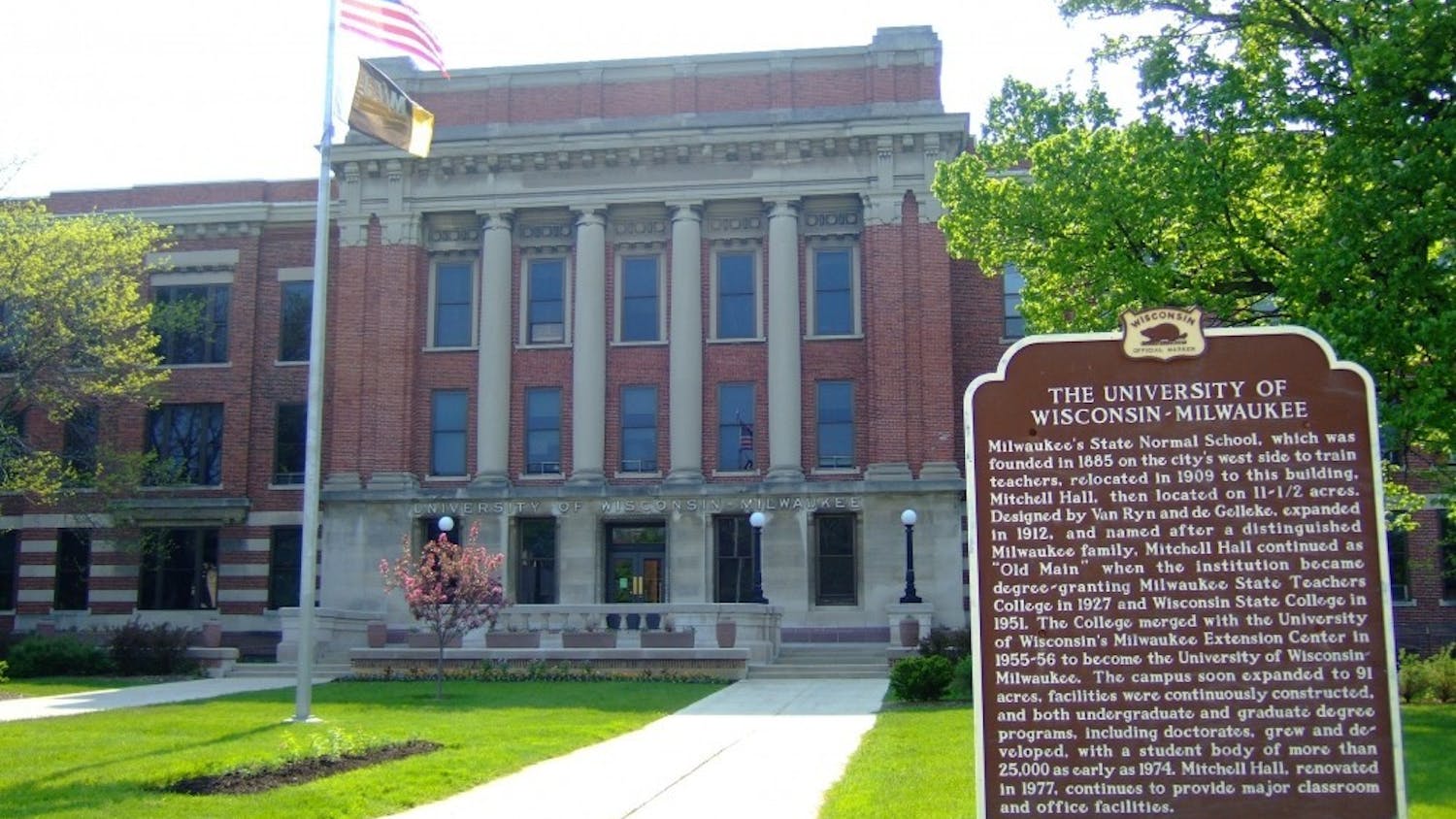The Center for East Asian Studies (CEAS) held a symposium Monday in Memorial Union to commemorate early 20th-century Chinese University of Wisconsin-Madison students’ social and academic contributions to the university and United States-China relations.
Presenters at the event highlighted the educational and professional experiences of three Chinese students and focused on the connection between China and the United States through the students' areas of study: economics, astronomy and political activism.
CEAS Assistant Director Laurie Dennis and East Asian Librarian Anlin Yang organized the event, which was inspired by the idea to host a reunion for family members of past Chinese alumni.
“China and the United States can de-couple politically, technologically and economically, but it seems impossible to decouple emotionally,” Billy Yuan, a UW-Madison graduate and researcher for CEAS, said.
Wen-Shion Tsu, Yuan-Lung Yeh and Wen-Ying Peng traveled across the world to attend UW-Madison in the 1910s and 1920s. Current doctoral and undergraduate students presented information regarding the students’ reasons for attending, accomplishments and lessons to be learned from the scholars.
Tsu’s profile was presented by Yu-Hsuan Wang, a history of science doctoral student, who pointed out how rare and significant Tsu’s presence on campus was at the time.
“As the only Chinese scholar studying astronomy in the United States at this time, Tsu still remembers the education he received at UW,” said Wang, showing a picture of a UW-Madison flag hanging in Tsu’s bedroom in Shanghai.
Yuan presented the story of Paul Reinsch, inaugural chair of the UW-Madison political science department, and spoke about his role in connecting students from China with UW-Madison.
Reinsch networked with families and university students worldwide to “attract more young Chinese men to discover the United States,” Yuan said.
“From 1929 to 1976, there were 28 Ph.D. students in the political science department. Seven of them were Chinese,” Yuan added. “This was the impact of Reinsch.”
Second-, third- and fourth-generation family members of the early UW-Madison attendees sat among students and scholars in the audience. The 10 family members explored campus, looked through university archives and saw past residences of their relatives.
“Today, I learned he did a lot of pay-it-forward,” said Winston Chu, great-grandson of Tsu. “He learned so much in this school, so he took his skill, his talent, his knowledge and went back to China and started grade schools, middle schools, high schools and different colleges with his associates.”
A discussion panel held after the event allowed family members to share additional insight on the lives of their relatives.
Peng Zhikang, daughter of Wen-Ying Peng, discussed the persecution her father faced for criticizing the Chinese government after returning from the United States. Wen-Ying Peng lost his second son to suicide due to the harsh treatment his family endured in China due to his democratic views, Zhikang said.
“He hand-made a wooden tablet for his second son and wrote on it an English poem,” Zhikang said, adding that the poem encouraged a continued fight for freedom and democracy. The Peng family donated the tablet to the UW-Madison Archives.

Attendees of an April 8 "Chinese Badger/Badgers in China" event hold up a hand-made wooden tablet created by Wen-Ying Peng, a University of Wisconsin-Madison alum. | Courtesy of Atlas Guo
Across presentations and the post-panel discussion, attendees mentioned a recurring theme of lasting diplomatic connection despite differences between countries. The relevance of this idea is especially important in today’s political state, family members of Peng noted.
“In today’s environment, during which U.S. and China relationships are not the best, we have to be driven by the Wisconsin Idea,” said Mike Peng, nephew of Zhikang.
The CEAS said it hopes to continue to make these connections with Chinese alumni and host more events in the future to showcase those relationships.
“We need to continue this kind of networking of the U.S. and China, not only in politics but on a civil level and an academic level,” Billy Yuan said. “This is what we’re going to do in the future.”








